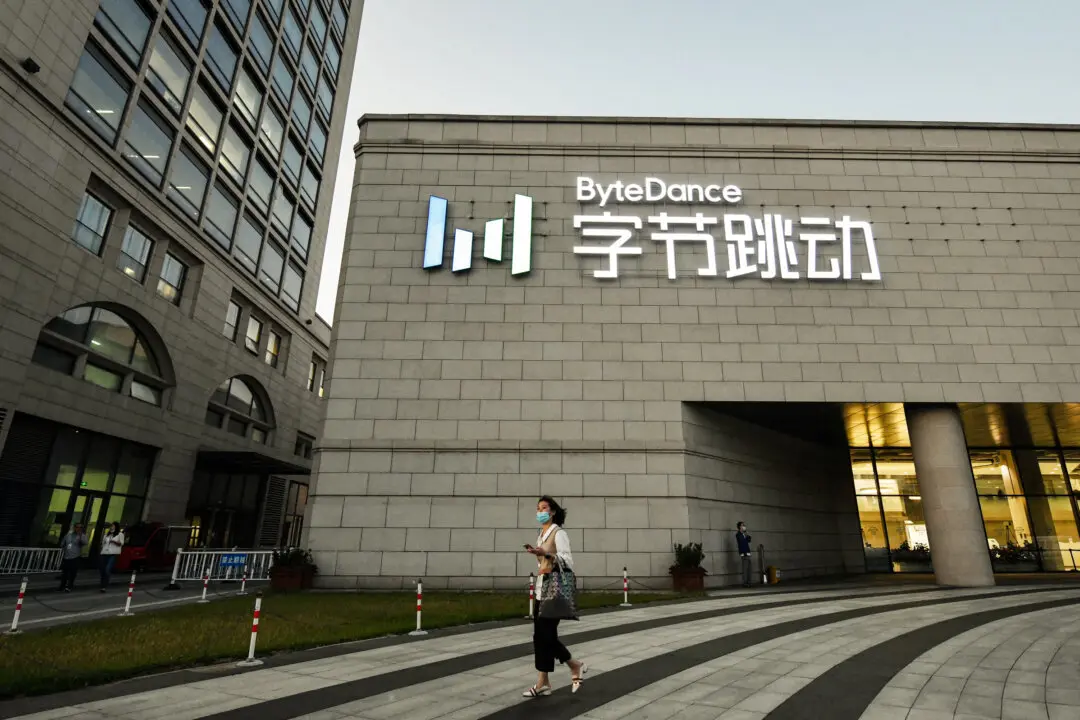International Olympic Committee (IOC) President Thomas Bach said the organization has agreed to purchase China’s COVID-19 vaccine to administer to willing participants at the Tokyo Olympics this summer and the Beijing Winter Olympics in 2022.
However, Japan’s athletes won’t be taking the China-made vaccines after the country’s Olympic committee said Japan wasn’t consulted regarding the IOC’s decision. The vaccine isn’t approved for use in Japan.




